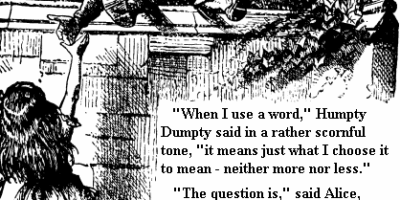Think back through the beliefs you’ve held throughout your life. You’ve had beliefs about your surroundings, about the people around you, about politics and current events, about the meaning of life. Were any of these beliefs consciously chosen? Did you ever pick one out and say, “That’s the belief I’ll have” — and then somehow will yourself to have it?
We do sometimes speak as though we choose what to believe. Some might say: “Rationally I don’t believe there is an afterlife, but I choose to believe it because it makes me less afraid of death.” Others might say: “Rationally I don’t believe my partner finds me to be the most attractive person alive, but I choose to believe it because it makes me feel good about our relationship.” But this sort of talk conflicts with a popular philosophical position. This position, doxastic involuntarism, is that beliefs are involuntary responses to the state of our evidence about what’s true and false.
The main argument for doxastic involuntarism comes from the philosopher Bernard Williams. Like many philosophers, Williams believed that it was in the nature of believing to represent the thing one believes as being true. So it always comes as at least a little bit of a surprise when something we believe turns out to be false — it contradicts our representation of reality. But if we had the power to choose our beliefs, it would not come as a surprise that some of them were wrong, since we could have come to believe them by willing it rather than by the force of evidence.
Lots of other philosophers have criticized this argument. But the vast majority still think that its conclusion is right. In this kind of situation, philosophers like to offer what’s called an error theory of the language people use to express the thing that we turn out to think is not real. In this case, philosophers might theorize that when we say that we choose to believe something about the afterlife or about our romantic partner, we are really saying that we choose not to focus on it, or that we choose not to pursue additional evidence about it, or that we choose not to act in a certain way that might be based on what we think is probably true.
The philosophical debate about choosing to believe is important to many philosophers because they think it tells us whether or not we are responsible for our beliefs. Some people think we are responsible for beliefs because we are responsible for whether or not we think rationally. Other people think we are responsible for our beliefs because some beliefs, like racist or sexist beliefs, are unethical to hold. But there is a philosophical principle about responsibility which holds that ought implies can, or that one can be responsible for doing something only if one is able to do that thing. So, many philosophers think, we can be responsible for our bad beliefs only if we could choose not to have them.
What do you think? Are we responsible for our beliefs? Can we ever choose them? Have you ever tried to make yourself believe something? Did it work? Let us know in the comments.





hot shot bald cop
Wonderful views on that!
pidarasGix
He runs the towel through his curl-filled hair, and down over his chest, where the early signs of his manhood sprout like an uneven crop of hairs across his chest that run down to his furry-pillowed crotch. Where the throbbing from his hard-on springs back as the damp towel whips his erection back and forth with each swipe of the now dampened towel.
anal fisted
pidorGix
“Let me get in there, Garrett.” His father says, as his son steps aside so he can get into the shower enclosure.